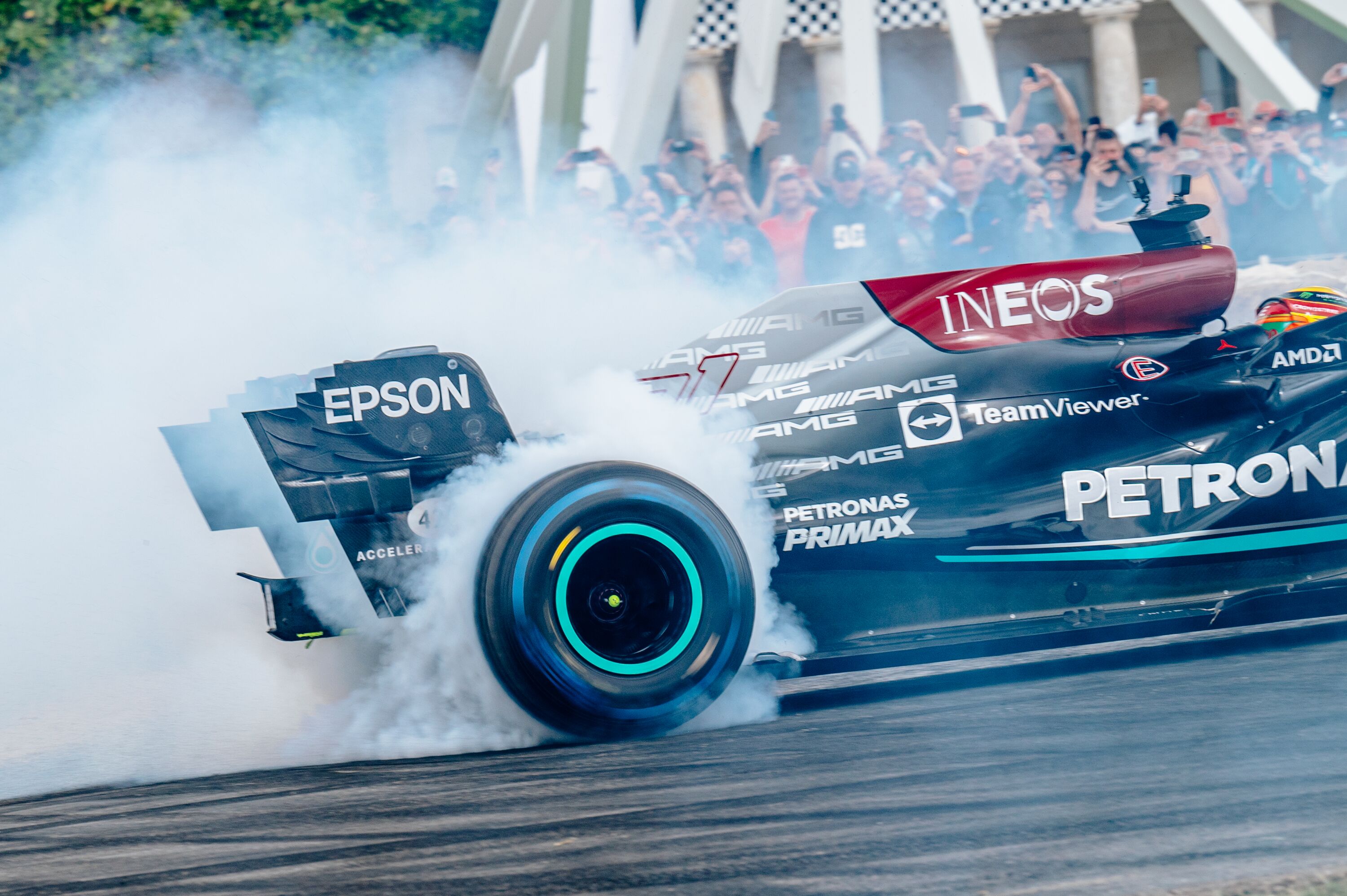Review: BMW i3 – More range, more sense?
BMW has increased the battery capacity of its i3 four-seat hatchback, which augments the claimed range by almost 50 per cent to 195 miles, or "between 120 and 130 miles whatever the weather and terrain conditions," according to Heinrich Schwackhöfer, project manager for i3.
Since the new and more energy-dense Samsung lithium-ion cells (each car uses 96) are packed into the same-sized casing, BMW is also offering to swap out the old 60Ah/22kWh battery packs to the new 94Ah/33kWh units for existing customers, though the service is only offered to customers in Europe, will not be offered to owners of range-extender i3 models and will cost about €9,000 (£7,644).
The new 170bhp battery i3 models are also available with a new colour, Protonic Blue, and there are couple of extra trim choices. Since they produce CO2 emissions of less than 50g/km and have a zero-emission range of at least 70 miles, BMW's new 90Ah battery cars will continue to qualify for full £4,500 Category-One grants in the Government's Office for Low Emission Vehicles (OLEV) scheme. Grant-inclusive prices therefore are £27,850 for the battery-only i3 and £30,980 for the two-cylinder, 38bhp range-extender – which also gets the 90Ah battery, extending its range to a claimed 276 miles. Both cars have just gone on sale in the UK.
The i3 has sold over 55,000 worldwide in its three years in production – which is small potatoes compared with the near 1.8-million BMW-badged cars annual sales. On the plus side, however, according to a recent electric-vehicle market survey, i3 is the UK's joint second-best selling Battery Electric Vehicle (BEV). Most popular, with 18 per cent of the near 3,000-strong UK BEV market, is the Nissan Leaf, with the Renault's Zoe and the i3 joint second and Tesla's model S third. While overall BEV sales have been climbing strongly, it's from a very low base and the report, from the research arm of Haitong Bank, suggests that BEV sales are just 0.9 per cent of the total UK new-car market of almost 2.6 million. Worldwide the i3 isn't even on the scale, with Tesla, Nissan, Renault, Zotye, Volkswagen, JAC, BAIC, Chery and BYD topping the top-ten best sellers.
The i3 is expensive, however, though its high-tech carbon-fibre-rich construction (with an aluminium chassis) means it is light and strong and mooted by many to be the best way of building a BEV rather than simply popping a battery into a conventional car. BMW has pioneered the car's carbon-fibre construction, buying Japanese material and processing it and weaving it into sheets at a plant in Moses Lake, East Washington in the US, a joint venture between BMW and German carbon-fibre specialist, SGL. The plant is powered with low-carbon hydro power costing just four cents a kilowatt hour and without the traceability and extra strength of aeronautical carbon fibre, the cost of material from the plant is about a third that of its aeronautical equivalent. BMW has also been working on reducing the cost and weight of its carbon-fibre moulded parts with new deflatable-core moulding techniques, which will be possible to incorporate into the batch production system at BMW's carbon-neutral Leipzig factory.
We got a chance to drive BMW's electric urban car on a surprisingly un-urban route near Munich recently and were duly impressed. The i3 was always a brisk automobile, but you were inhibited from using that vim, because of its deleterious effect on range. With the new battery, it's possible to enjoy the benefits of rear-wheel-drive and the low centre of gravity without so much worry about reaching your destination. It should also be said, that these were perhaps the best produced i3 models we have ever encountered – earlier cars weren't up to BMW's normal standards.
The new i3 is an even more impressive than its predecessor, though whether it looks and behaves like a BMW is a subject for debate. Equally controversial is what this new battery says about the marketing of the BMW's electric cars. Without doubt, BMW's battery-electric vehicles are now approaching the Holy Grail of development; a single automobile which can provide all the family's transport needs, without recourse to a back-up combustion engined model. But what the exorbitant cost of upgrading the battery says to current owners, heaven only knows. BMW says it can extend battery capacity by a further 50 per cent by 2020 (conveniently forgetting that it is also engaged in common research into lithium-air batteries with Toyota), so will it offer to upgrade current i3 models once more?
The world needs more smart, great driving, cost-effective and ecological battery-electric cars like the i3, but as ever the marketing message of buy now, is usurped by the reality of even more performance and utility in the next few years if you wait. I'm not entirely sure that's a useful thing to be saying to potential customers.
Photography by Uwe Fischer.
BMW
i3












































































